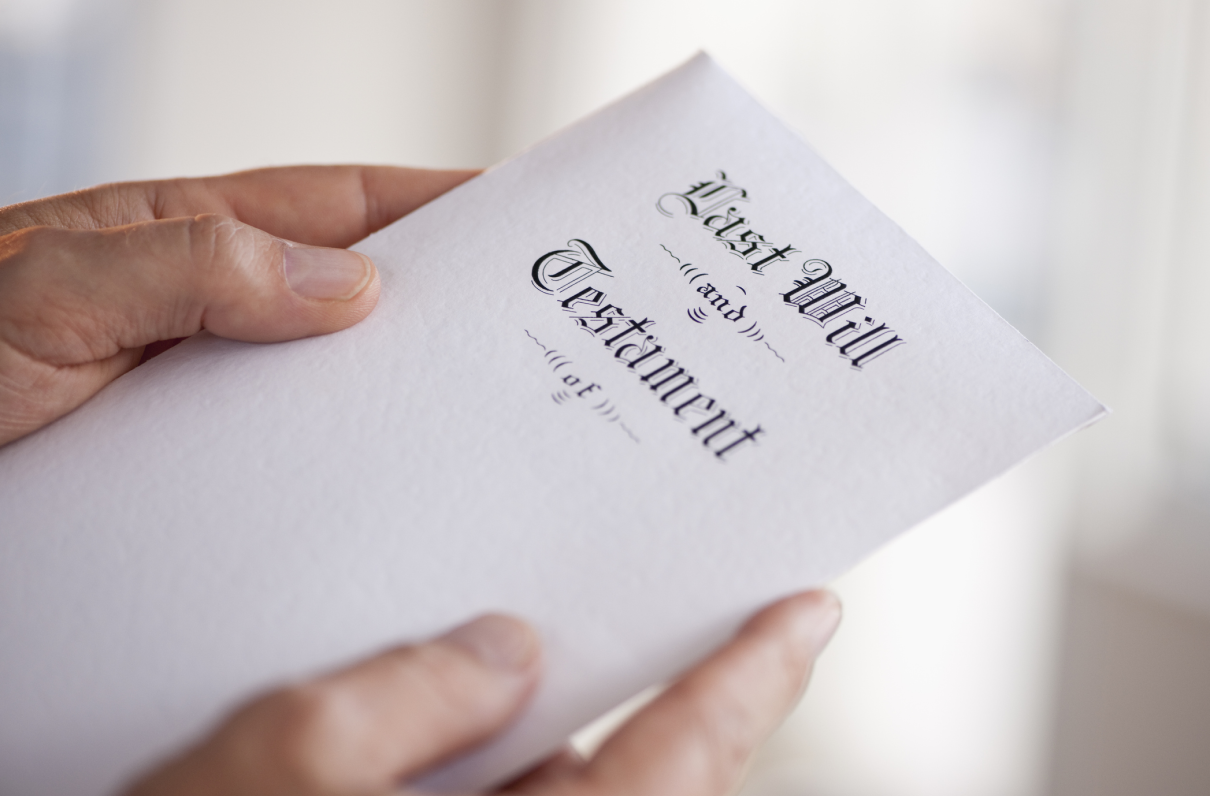One of the many important decisions when making an estate plan is whom to trust to be the executor (of the will) of the deceased’s estate. Usually, the executor is named in the last will and testament and is likely the surviving spouse, adult child, a trusted family member, or a trusted friend. Sometimes the executor is an attorney, bank officer, or other impartial agent.
[RELATED: Join our Webinar "Preparing a Spouse or Family Member for Survivorship"]
The person named for this important role should be asked if they are willing to assume responsibility and if they understand what the duty entails and what they will be responsible for when the time comes. The duty of executor can be a very complicated and time-consuming role, and no one should be “surprised” to learn they are the executor of an estate. The executor has a legal duty to act primarily for the benefit of another with duties involving good faith, trust, special confidence, and candor.
[RELATED: MOAA Members Can Save With Everplans]
Many times, married couples just assume their spouse will be the executor of the estate, and that spouse might have no idea of the complexities and requirements, which can vary from state to state. A person who manages money or property for the deceased must exercise a standard of care as imposed by law or contract with specific responsibilities.
The administration of an estate generally requires a fair amount of time and energy. Often compensation is allowed, and a court or commissioner of accounts must approve the compensation, which is often a percentage of the assets handled.
Some other duties of an executor include:
- Understand the rules of probate (the official proving and recording of the will as the authentic and valid last will and testament of the deceased).
- Know which asset types that do and do not pass through probate.
- Keep assets under control as a fiduciary, separate from individual, personal and business assets.
- Prepare a complete inventory of all assets in the estate (stocks, bonds, brokerage accounts, bank accounts, life insurance policies, real property, automobiles, and any other assets). Having a complete and accurate inventory of the assets enables the executor to properly manage the estate and satisfy all of the terms of the will.
- Open a separate fiduciary (estate) bank account at a bank that can provide you with the original canceled checks or statements with images of all canceled checks.
- Take possession of the assets of the deceased and inquire about safe deposit boxes and accounts they may have maintained.
- Make an online search for any unclaimed property in the name of the deceased.
- Close bank accounts and transfer funds in a separate account (create an estate account with a separate tax identification number).
- Follow the disbursements to heirs as instructed in the will.
- Document all transactions and prepare to file income tax.
For more information on all the documents an estate plan might include, download MOAA’s Estate Planning Guide.
Send Us Your Feedback
We’d love to hear from you. Please let us know if this article was helpful by sending an email to sscomm@moaa.org.

